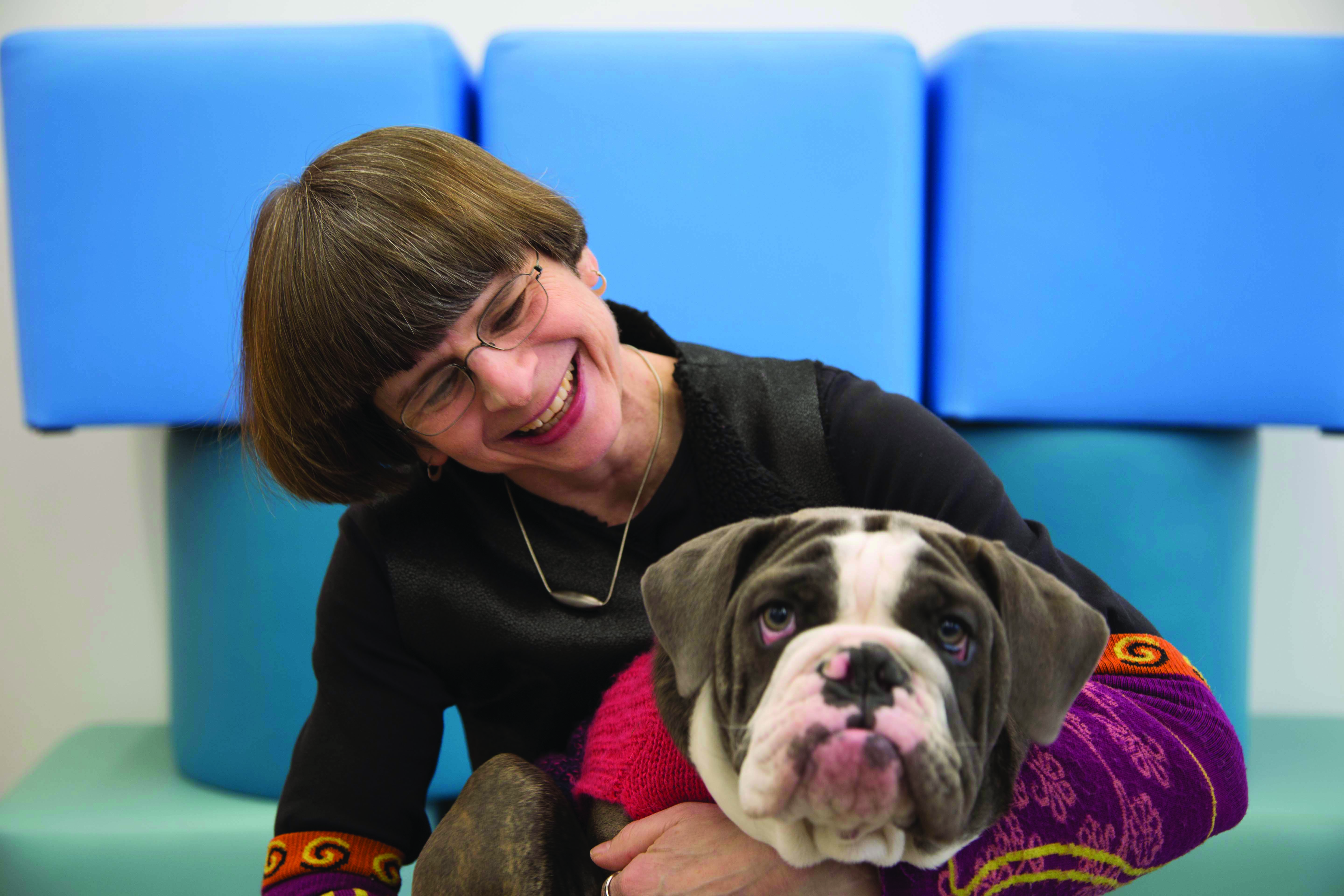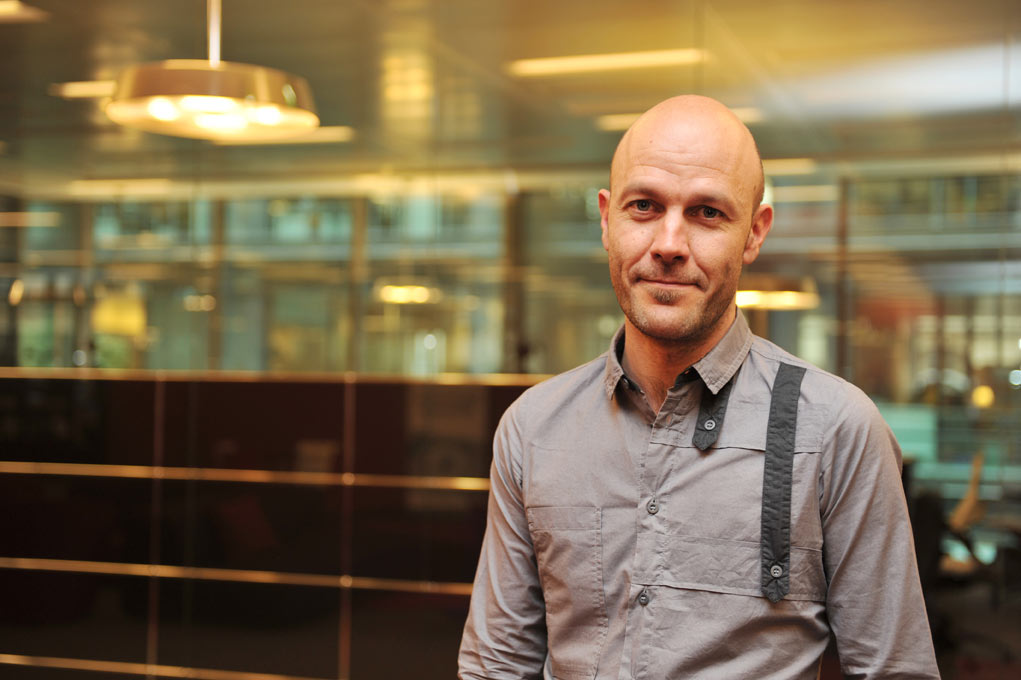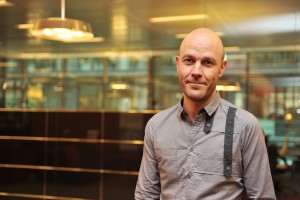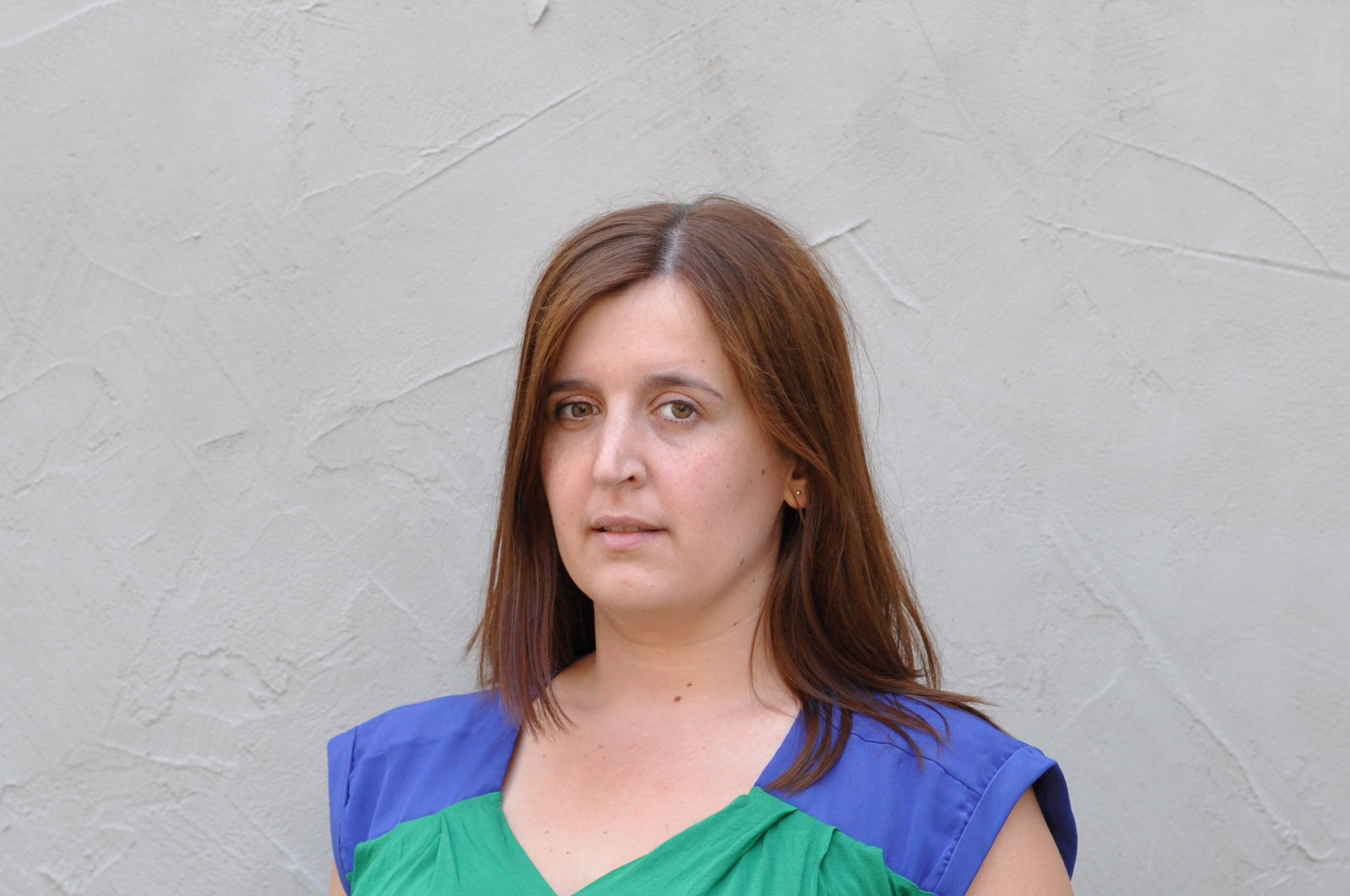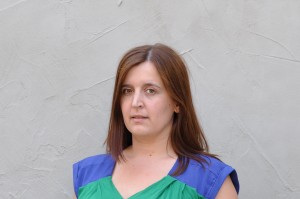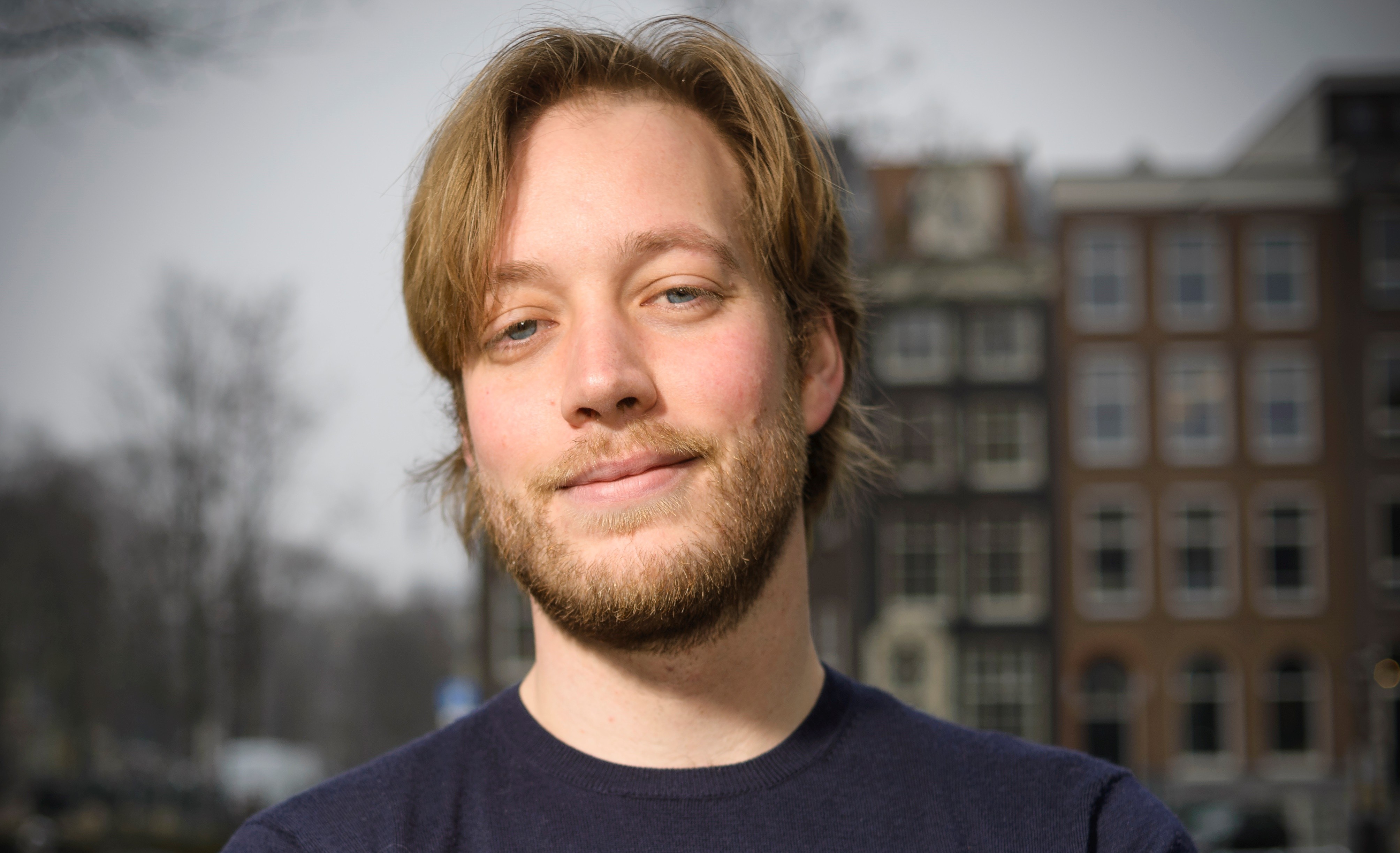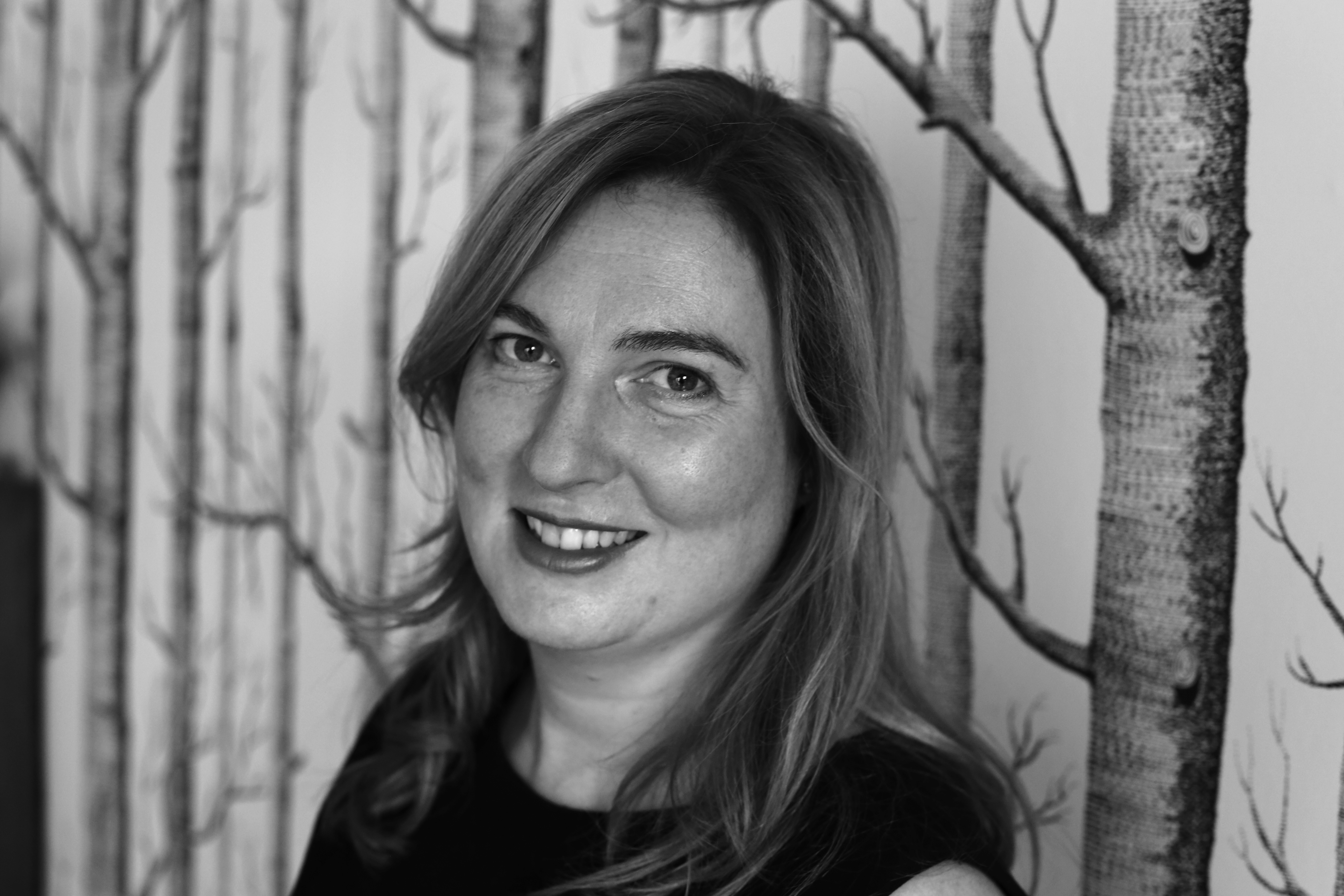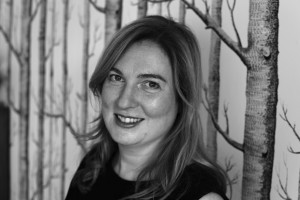GLAMS in a Digital Future
Times of rapid change challenge organizations to revisit the assumptions underlying their existing practices. Some companies thrive by reinventing their business models while others fail to understand how their strengths align with new opportunities. GLAMs (Galeries, Libraries, Archives, Museums)—as individual organizations and as a sector—need to examine how the rise of open, digital culture may transform the core value they offer to society.
About Elizabeth Merritt
Vice President, Strategic Foresight and Founding Director, Center for the Future of Museums, at the American Alliance of Museums
Believing that museums can change the world, Elizabeth Merritt is devoted to helping museums create a brighter future for their communities. As founding director of the American Alliance of Museums’ Center for the Future of Museums, she applies the tools of strategic foresight to the nonprofit realm. Ms. Merritt conducts trends forecasting and scenario development for museums, sharing her work through publications, social media and presentations. She is the author of CFM’s annual TrendsWatch report and produces the weekly e-newsletter Dispatches from the Future of Museums. She frequently keynotes at conferences in the US and abroad. In recent years, her work has expanded to encompass libraries, orchestras and opera as well. Elizabeth earned has her B.S. from Yale and an M.A. in cell and molecular biology from Duke University, as well as training in futures studies at the University of Houston.

